Marc LiVecche
Marc LiVecche is the McDonald Distinguished Scholar of Ethics, War, and Public Life at Providence. He is also a non-resident research fellow at the US Naval War College, in the College of Leadership and Ethics.
Marc completed doctoral studies, earning distinction, at the University of Chicago, where he worked under the supervision of the political theorist and public intellectual Jean Bethke Elshtain, until her death in August, 2013. His first book, The Good Kill: Just War & Moral Injury, was published in 2021 by Oxford University Press. Another project, Responsibility and Restraint: James Turner Johnson and the Just War Tradition, co-edited with Eric Patterson, was published by Stone Tower Press in the fall of 2020. Currently, he is finalizing Moral Horror: A Just War Defense of Hiroshima. Before all this academic stuff, Marc spent twelve years doing a variety of things in Central Europe—ranging from helping build sport and recreational leagues in post-communist communities, to working at a Christian study and research center, to leading seminars on history and ethics onsite at the former Auschwitz-Birkenau Nazi concentration camp in Poland. This latter experience allowed him to continue his undergraduate study of the Shoah; a process which rendered him entirely ill-suited for pacifism.
Marc lives in Annapolis, Maryland with his wife and children–and a marmota monax whistlepigging under the shed. He can be followed, or stalked, on twitter @mlivecche. Additional publications can be found at his Amazon author page.


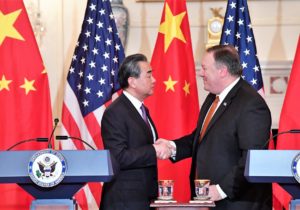



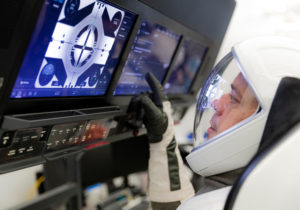

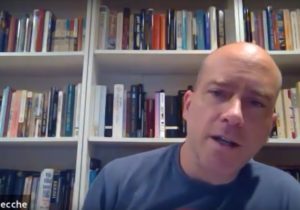
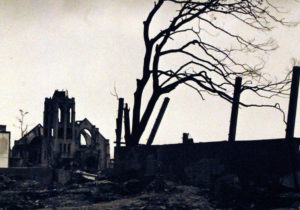
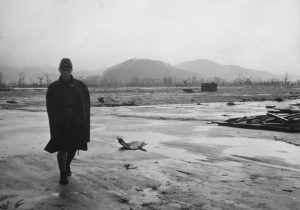

 Live in the DC area? Sign-up for Providence's in-person events list!
Live in the DC area? Sign-up for Providence's in-person events list!